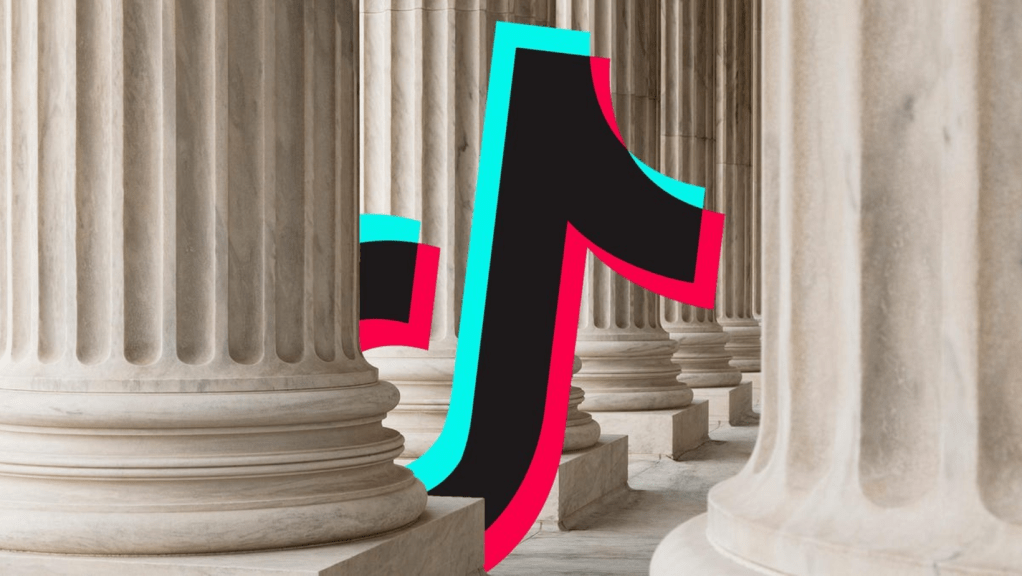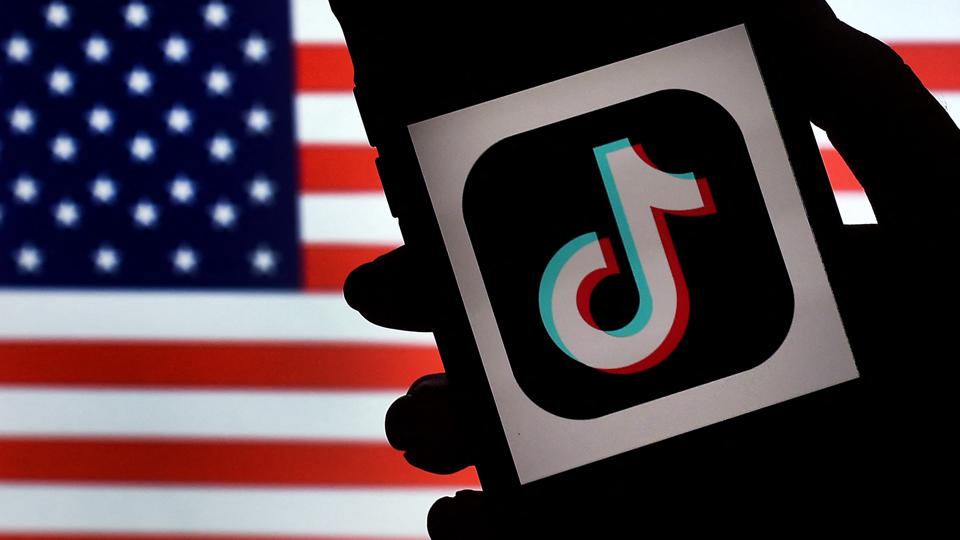The proposed law would empower the Secretary of Commerce to restrict use of software and hardware manufactured by entities in countries antagonistic to the U.S. – notably, China.

Senator Mark Warner (D-VA) introduced new bipartisan legislation Tuesday that could be used to ban TikTok and other technology products that were made in countries that pose a threat to American national security interests.
Speaking at a press conference Tuesday afternoon in Washington, D.C., Warner and 11 other senators, including Senator John Thune (R-SD) and Senator Joe Manchin (D-WV), put forward a new piece of legislation known as the “RESTRICT Act,” whose aim, according to a summary released by his office, is to “identify and mitigate foreign threats to information and communications technology products and services.”
The bill, as currently drafted, would in essence, allow the Department of Commerce to “review, block, and mitigate” software and hardware made by entities in adversarial nations – China, Iran, Russia, and North Korea – that pose an “undue or unacceptable risk” to Americans. It would allow restrictions that include “up to and including” a ban from the American market entirely.
The bill does not specify what intermediate steps could be taken, but Rachel Cohen, a spokesperson for Senator Warner, explained by email that some examples short of a ban could include “data security requirements, content disclaimers, corporate transparency, third party code review requirements.” If TikTok itself were outright banned, it could argue in court that such a restriction was legally improper.
Related
Warner pointed out that the bill isn’t specifically targeted at TikTok. However, he noted that 100 million Americans use TikTok for an average of 90 minutes a day, and the company is what “everybody is talking about.”
The bill comes as lawmakers debate the best way to handle rising fears that TikTok’s China-based parent company ByteDance could be providing user data to the Chinese government or be influencing what Americans see in the app at Beijing’s behest. In December 2022, Senator Marco Rubio introduced a similar TikTok ban bill, which has not yet garnered as much support as Warner’s bill. Others have called for TikTok to be pulled from American app stores.

Senate Select Committee on Intelligence Chairman Mark Warner (D-VA) talks to reporters to introduce the Restrict Act at the U.S. Capitol on March 07, 2023 in Washington, DC.
Getty Images
TikTok has been negotiating with the Committee on Foreign Investment in the United States (CFIUS) since 2019, but the deal has not yet been finalized.
After Forbes revealed that the company had spied on its journalists, Senators Richard Blumenthal (D-CT) and Jerry Moran (R-KS) pushed the Treasury Department, which oversees CFIUS, to conclude the negotiations and “impose strict structural restrictions between TikTok’s American operations and its Chinese parent company, ByteDance, including potentially separating the companies.”
Warner’s bill is designed to address general concerns about foreign companies operating in the U.S., and in the press conference he pointed out that other foreign companies have been scrutinized by the American government over the past decade.
“Before TikTok, there was Huawei and ZTE and before that there was Kaspersky Labs,” Warner said. “Whether that comes in the form of software, or hardware like Huawei equipment. These risks are not going away.”
The White House also endorsed the new proposed legislation.
“This legislation would provide the U.S. government with new mechanisms to mitigate the national security risks posed by high-risk technology businesses operating in the United States,” Jake Sullivan, the national security advisor, said in a statement sent to the White House press corps.
Featured
In response, Brooke Oberwetter, a TikTok spokesperson, emailed Forbes to say that “additional authority from Congress” is unneeded, and that legislators should stick to the Committee on Foreign Investment in the United States (CFIUS) process that has been under negotiation for months.
“We appreciate that some members of Congress remain willing to explore options for addressing national security concerns that don’t have the effect of censoring millions of Americans,” she wrote in a statement. “A U.S. ban on TikTok is a ban on the export of American culture and values to the billion-plus people who use our service worldwide.”
During the press conference, Warner compared the federal government’s previous approach to dealing with potentially adversarial foreign companies as “playing whack-a-mole.” Under the new bill, the process would be “rules-based,” and it also notes that “if practicable,” the Secretary of Commerce “shall publish in a declassified form,” the reasoning as to why such a foreign entity was subject to restrictions by the United States.
While Congress decides if it will step in to regulate TikTok, other parts of the government are moving forward with smaller scale bans. On February 28, the Office of Management and Budget wrote in a memorandum that all executive agencies must delete TikTok from all “federal devices” within 30 days. More than half of all 50 states have implemented similar bans from devices in use by state government employees.
In a nod to the incongruity of elder legislators regulating an app overwhelmingly popular with Gen-Z Americans, Senator Joe Manchin (D-WV) readily admitted: “I can’t say I know a whole lot about TikTok.”
Manchin said that while his granddaughters are avid users of the social media app, he was very cautious about TikTok, and its Chinese parent company, ByteDance.
“They’re not going to have our best interests at heart,” he said. “It will come back sooner or later to bite us.”
This story was first published on forbes.com
Look back on the week that was with hand-picked articles from Australia and around the world. Sign up to the Forbes Australia newsletter here or become a member here.




